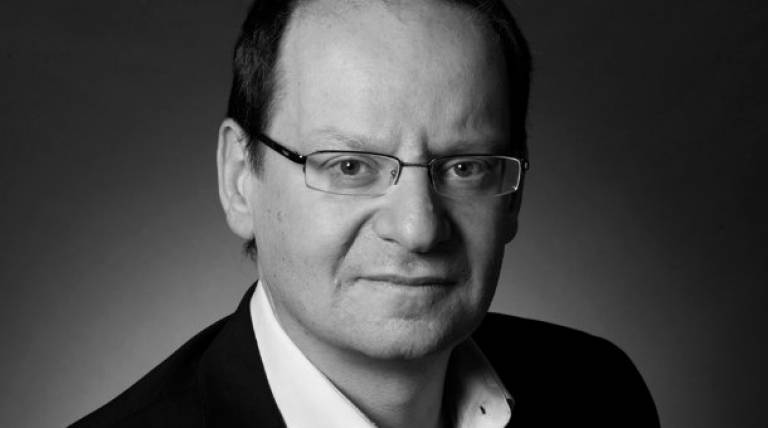Professor Philippe Sands speaks about the invention of the term 'genocide'
11 December 2018
The radio broadcast was captured on BBC Newshour, and tells the story of the invention of the term and its first uses in legal history

Professor Philippe Sands, QC, has spoken on BBC Newshour about the invention of the term 'genocide'.
According to Professor Sands, the word was first published in November 1944, in a book called Axis Rule by Raphael Lemkin, a criminal prosecutor from Poland who arrived as a refugee in the USA. Mr Lemkin had wanted to invent a word to convey the horror and atrocity of mass killing. To create the word ‘genocide’, he combined the Latin and Greek words for 'tribe' and 'to kill'.
The word was first spoken in a court of law in 1945 at the Nuremberg Trial, but the judges rejected it as concept. However, three months later at the first ever meeting of the General Assembly of the United Nations, it was decided that genocide was in fact a crime under international law.
In 1948 in Paris, states signed the Convention on the Prevention and Punishment of Genocide.
Professor Sands said:
'[The word 'genocide'] has changed consciousness. For the first time in human history, states, governments, sovereigns and leaders were told "your rights, your powers, over your citizens are no longer unlimited. International law prevents you from destroying individuals or groups." So that was a very significant change.’
However, Professor Sands points out, it took another 50 years for the Convention to have a practical effect, when applied to the mass killings in Rwanda, and it has not stopped mass killing globally.
 Close
Close

